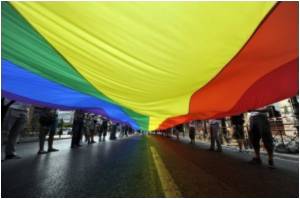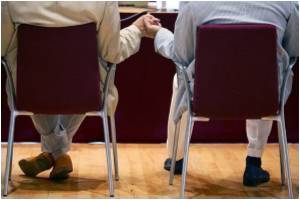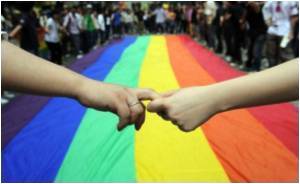
The online survey, described as the largest of its kind, questioned around 93,000 people in the European Union's 27 member states plus Croatia, which is to join the bloc in July.
Over a quarter (26 percent) of the respondents said that they had been physically or verbally assaulted over the last five years.
Transgenders suffered particularly, with 28 percent saying they had been attacked or threatened more than three times in the last 12 months because of their sexuality, the report said.
Some respondents said that attitudes were worsening, even in countries that are traditionally considered to be tolerant.
"My situations of harassment/discrimination/violence are mainly random acts of verbal aggression," a 27-year-old gay Belgian wrote.
Advertisement
In The Netherlands, the first country in the world to legalise gay marriage in 2001, almost 20 percent of those taking part said they felt discriminated against when going to sport clubs or hospitals, looking for an apartment, going out at night, or dealing with banks.
Advertisement
"(I am) reluctant to report anything that might indicate that I am gay, as I know (the police) just dismiss everything," a 42-year-old Frenchman said.
Two-thirds of respondents and three-quarters of gay men said they were afraid to show their sexuality in public.
The FRA report noted that discrimination often begins at school, where two-thirds of respondents hid their sexual orientation.
"Ten years later, I still consider being bullied at school the worst form of homophobic abuse I've ever been subjected to," said a gay Maltese man, 25.
"The constant insults for being effeminate ('and therefore gay') were unbearable at school, and not much action was taken by the teachers against the bullies! Bullying forced me to remain in the closet until I reached the age of 18."
"Member states must take care that LGBT students feel secure at school, given that that is where LGBT people's negative experiences, social prejudice and exclusion often begins," the FRA said.
The United Nations has launched its own education campaign, with Secretary General Ban ki-Moon reassuring the world's LGBT community: "You are not alone."
Source-AFP








